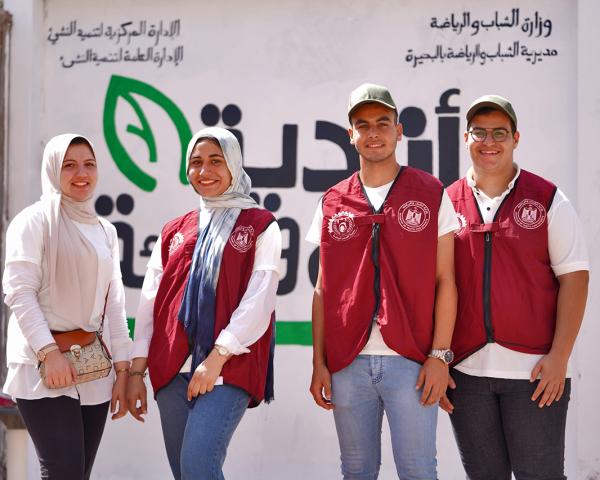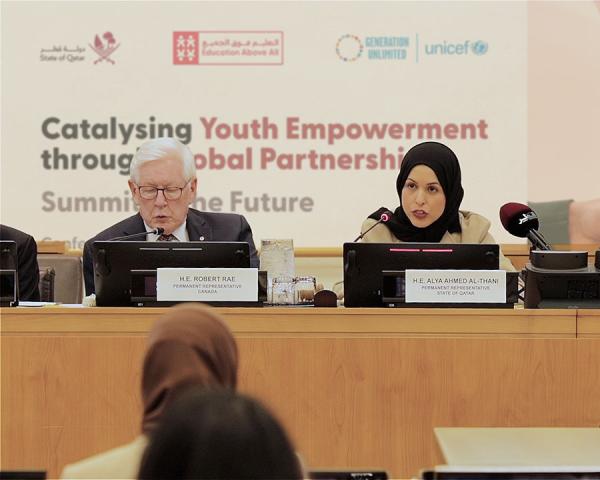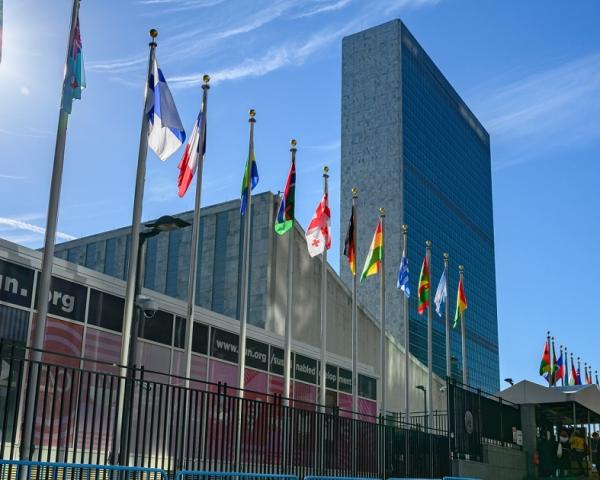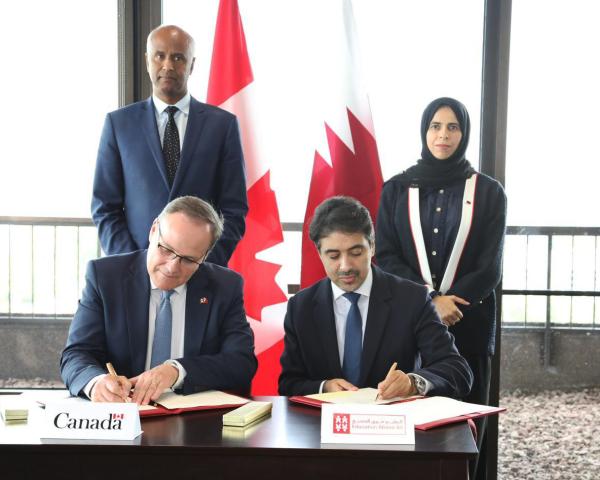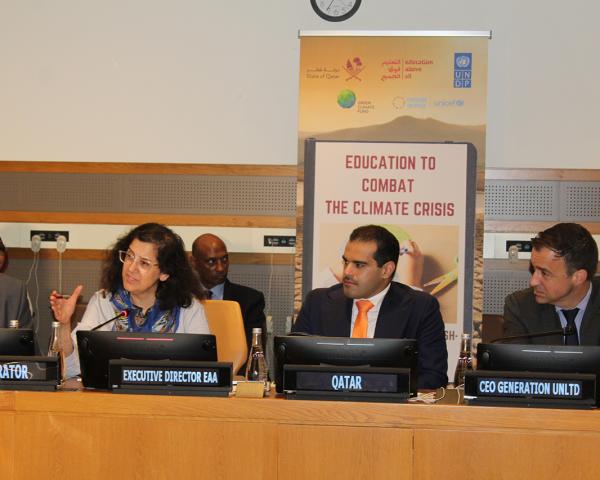Green Youth 360
Project Status
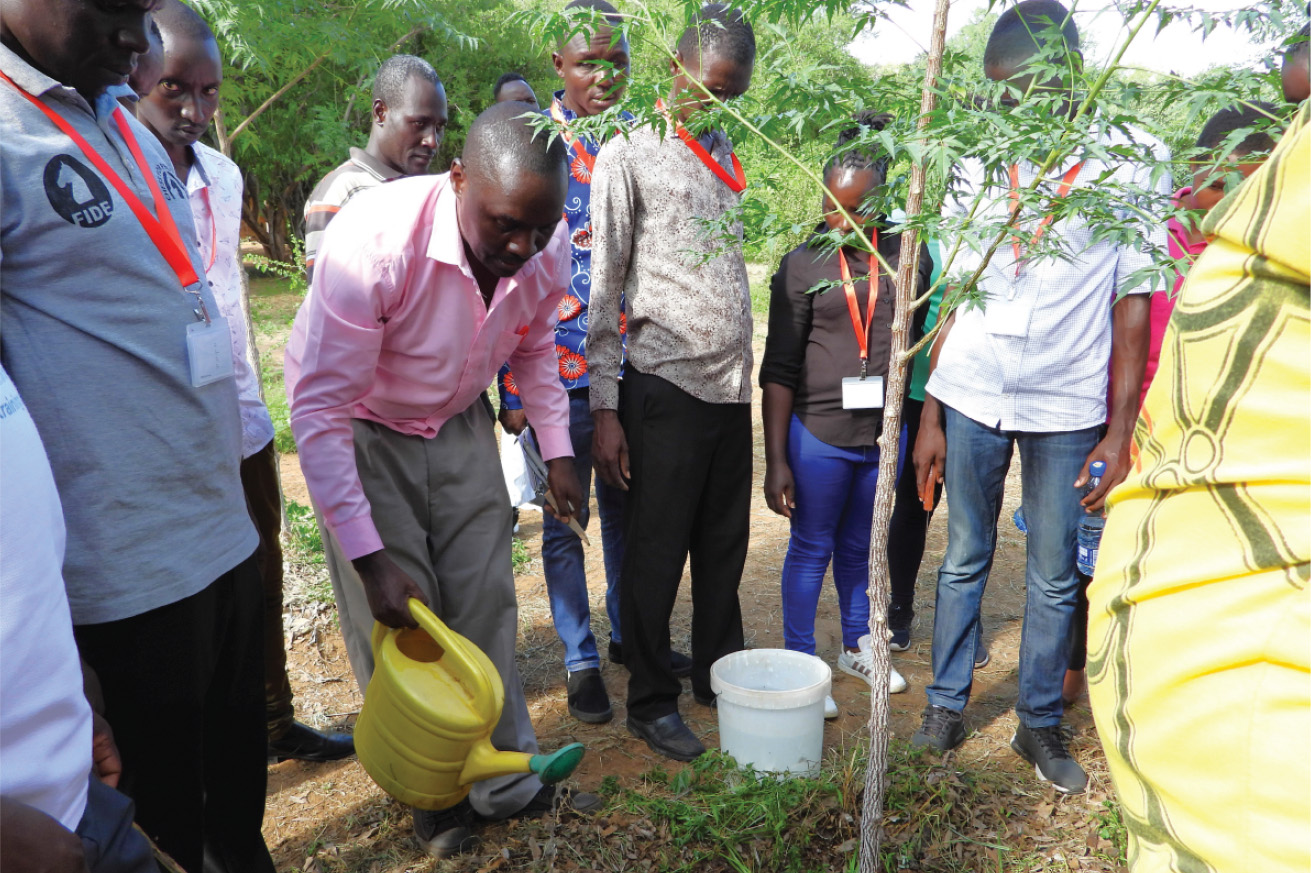
The Green Youth 360 project Goal is to attain inclusive and environmentally sustainable development through youth engagement in climate actions, with Outcome 1 of the project focusing on improved green skills acquisition for 45,000 refugee and host community youths in climate action areas of tree planting, renewable energy sources, organic farming/green agriculture, and eco-friendly environmental management practices such as waste management while Outcome 2 of the project anticipates to ensure that 76,800 (38,400 in each region) (including 45,000 trained youth on green skills) refugee and host community youth have improved capacity and cognitive abilities to take action in response to climate action areas.
The project will work with secondary aged youth in 150 schools and will take advantage of the relaunched Government of Kenya (GoK) Program “Kuunganga Kufanya Kusaidia Kenya (4K Clubs) that is meant to impart skills and knowledge on adolescent and youth on eco-friendly environment management practices. Through the schools the project will train 45,000 refugee and host community youth and then establish 360 youth led groups that will take action on each climate action area. The project will ultimately reach 76,800 youth (19,200 youth in each of the four localities - 2 refugee camps and 2 host communities).
Through the youth led climate actions young people will acquire civic duty and responsibility to act (individually or collectively in a group) in response to climate effects and contribute to the sustainable development of their communities.
The Green Youth 360 project will directly contribute to Sustainable Development Goal (SDG) 13 and directly or indirectly contribute to other SDGs such as 6, 7 and 12. It will also build upon commitments such as the Nationally Determined Contribution (NDC) and the Inter-Governmental Authority and Development (IGAD) Regional Protocol, Kenya’s Comprehensive Refugee Response Framework (2017), which promotes resilience between refugee and host communities; the Kenya TVET policy and Kenya’s Green Economy Strategy (2016 – 2030) which strives to achieve resource-efficient, low carbon, sustainable and inclusive socio-economic transformation. The project will also contribute to ESAs, the 4K Club initiatives, the GoK commitment to plant 5 billion trees by 2027, and Vision 2030 both of which are committed to maximum carbon sink and green societies for sustainable development.
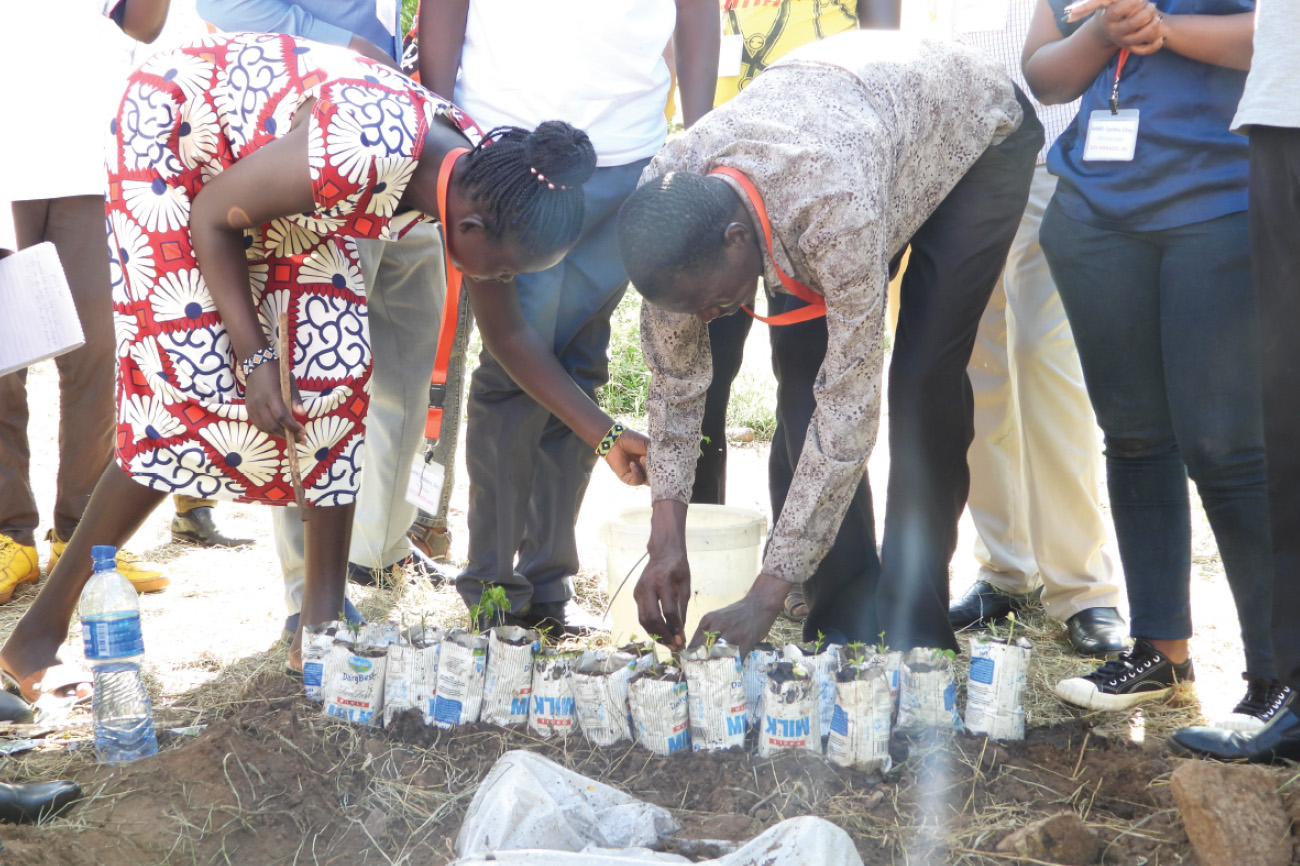
Youth Led Climate Actions:
- Tree Planting
-
Refugee and host community youth establish nurseries in their schools and plant trees to increase the forest cover on river banks, gazette forest and learning institutions supported by Kenya Forest Services. The increased forest cover will improve carbon sink in their communities.
- Agriculture and Organic Farming
-
Youth deliver beehives in schools to support apiculture farming, agri-regeneration, tree pollination in the arid and semi arid areas of the refugee camps. This will increase pollination in farms and household garden and enrich the habitat. The beehives will be kept on school grounds. Students will learn beekeeping. Schools will use produced honey through student feeding programme.
Young people organized in 4,000 green clubs deliver organic fertilizer to their school gardens from locally available organic waste. This way they reverse the extensive use of chemical fertilizers which led to reduced flora and fauna biodiversity. The harvest will be used in the school feeding programme.
These YLA will contribute to transitioning towards climate smart and eco-friendly farming practices.
- Renewable Energy
-
Youth develop bio digesters from local waste products to use household cooking alternative to firewood
Develop locally made energy saving cooking stove that is distributed to schools to spare students from collecting firewood for cooking and compromising their hours at school
Develop locally made artificial charcoal from waste.
Youths adopt and practice alternative renewable energy sources that contribute to reduced emission of greenhouse gasses and preservation of forest cover in their communities which prevents deforestation where wood has been used in the past as the only sources for household energy and for cooking
These YLA will preserve forest cover and reduce emission of greenhouse gases in the targeted communities.
- Clean Environment
-
Youth harvesting poisonous and harmful bush and use in furniture making
Organize clean ups in river banks and public spaces
The YLA will regenerate water resources and plants by reclaiming 60 acres of land and removing the harmful plant. This will reduce habitat degradation and advance climate smart practices.







